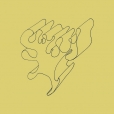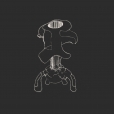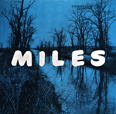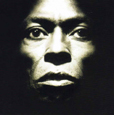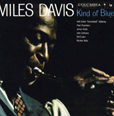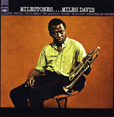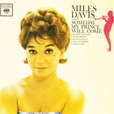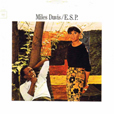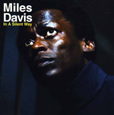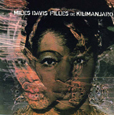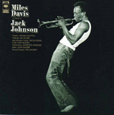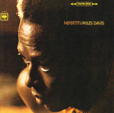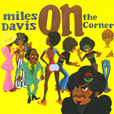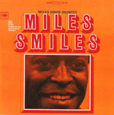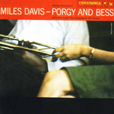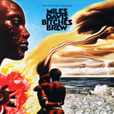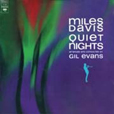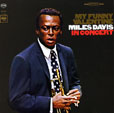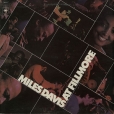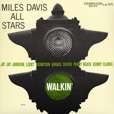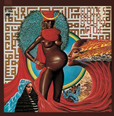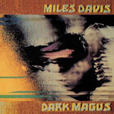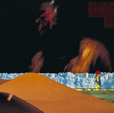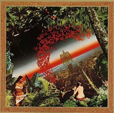Your basket is empty

‘Revisiting the scordatura tunings found on Telyn Rawn but this time played on the lap harp that he plays on An Air Swept Clean Of All Distance. Acoustic harp, played with no amplification, preparations or distortion. A sunburst of multiple voices and interwoven melodies and rhythms.’
Recorded over two days — dwa din, in Polish — in January 2021.
Mono LP from Music On Vinyl.
‘A transcendental new music,’ wrote Lester Bangs, ‘which flushes categories away and, while using musical devices from all styles and cultures, is defined mainly by its deep emotion and unaffected originality.’
His neglected 1970 masterpiece.
The first side brings into focus the best things about Bitches Brew, with lethal menace; the second lays out a blueprint for Ambient and Fourth World.
Hotly recommended.
Fourth and last of the classic quintet albums with Shorter, Hancock, Carter and Williams. Mostly written by Herbie and Wayne Shorter — a valediction to hard bop, without the old-school machismo.
LP from Music On Vinyl.
‘One of the dozen albums that anyone interested in the outer limits should own, or be owned by. Because it cleaves closest of Miles’ masterworks to funk groove and rock impact (Davis was trying to reach out to a young black audience), it’s easy for the jazz novice to get into. But once you’re into it, it’ll take you as far out as anything Davis (or anybody else) ever recorded’ (Simon Reynolds).
‘The first hip-hop/house/drum’n'bass/breakbeat album I’d ever heard’ (Greg Tate).
LP from Music On Vinyl.
Mono LP from Music On Vinyl.
Pulling together a couple of Prestige 10”. The twenty-eight-year-old with Horace, Lucky, JJ, and Dave Schildkraut. (You remember Dave.)
With Keith Jarrett, Jack DeJohnette, John McLaughlin, Airto, Gary Bartz, Wayne Shorter — different lineups around 1970 — running jazz into Sly and JB and way out the other side.
Vinyl from Music On Vinyl.
The evening session — after Agharta — live in Osaka. Free, thick, staggering voodoo funk. From 1975 — the last new music Miles would release for six years.
An afternoon in Osaka, 1975. With an On The Corner kind of gang — Sonny Fortune, Pete Cosey, Reggie Lucas, Michael Henderson, Al Foster and Mtume. ‘The greatest electric funk-rock jazz record ever made’ (Allmusic).
LP from Music On Vinyl.
